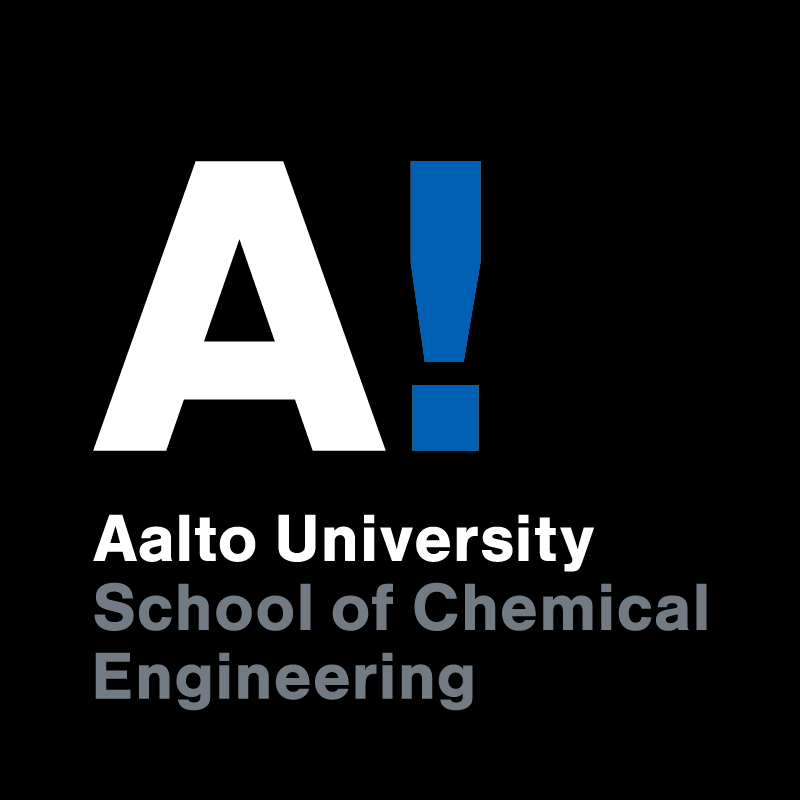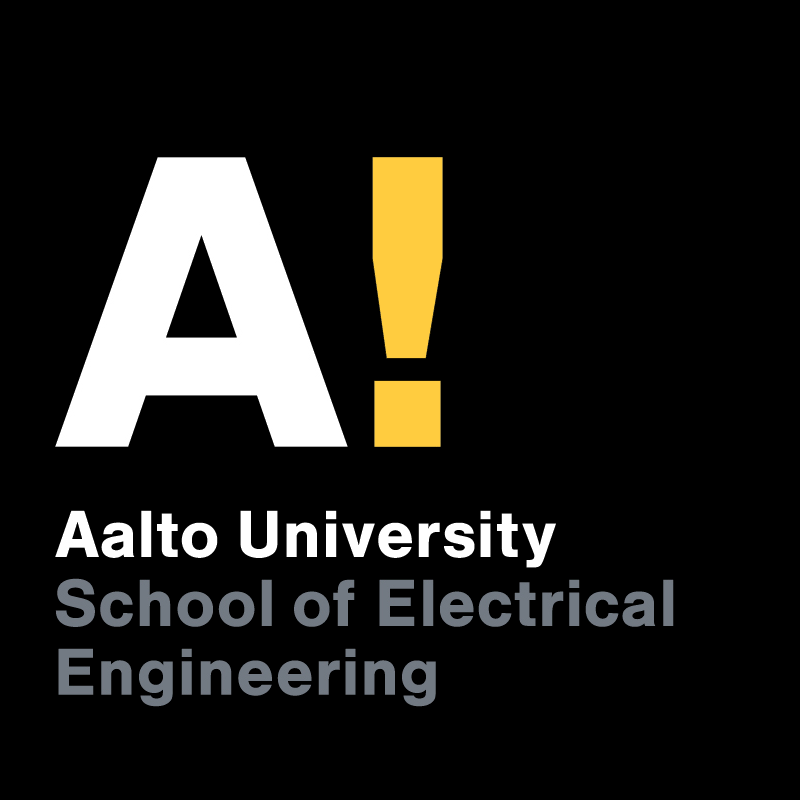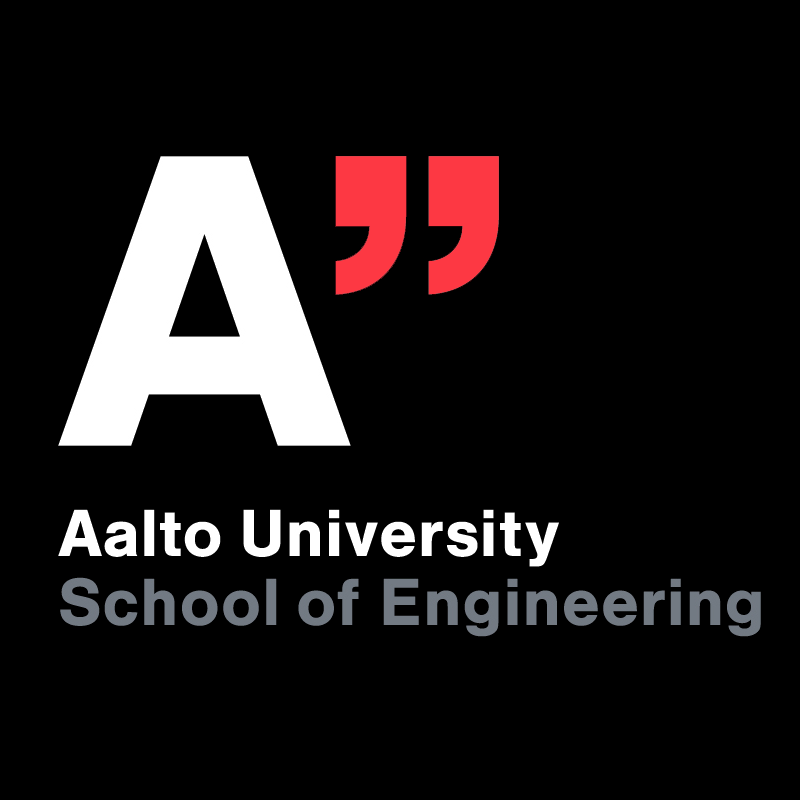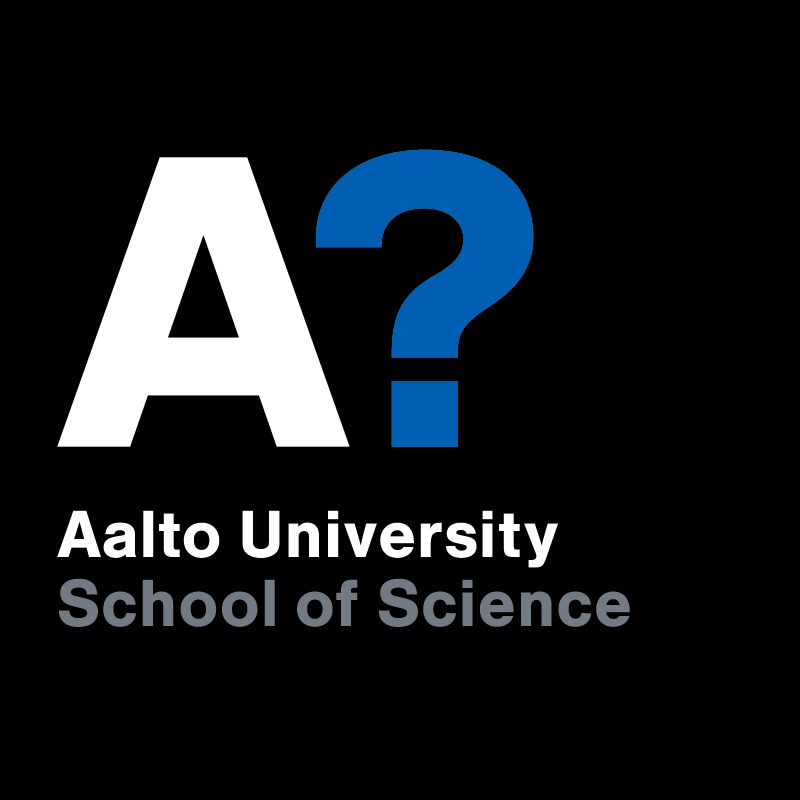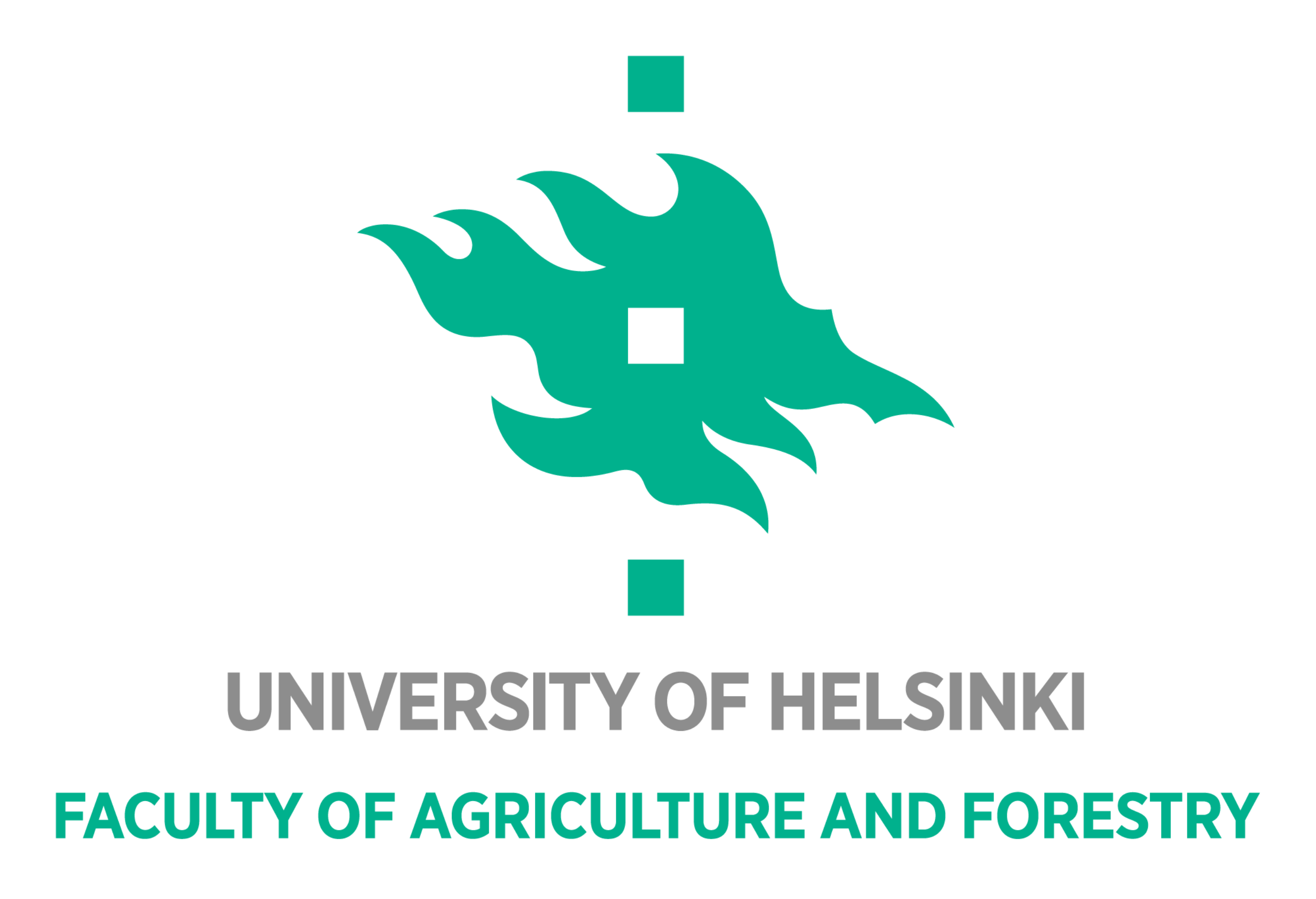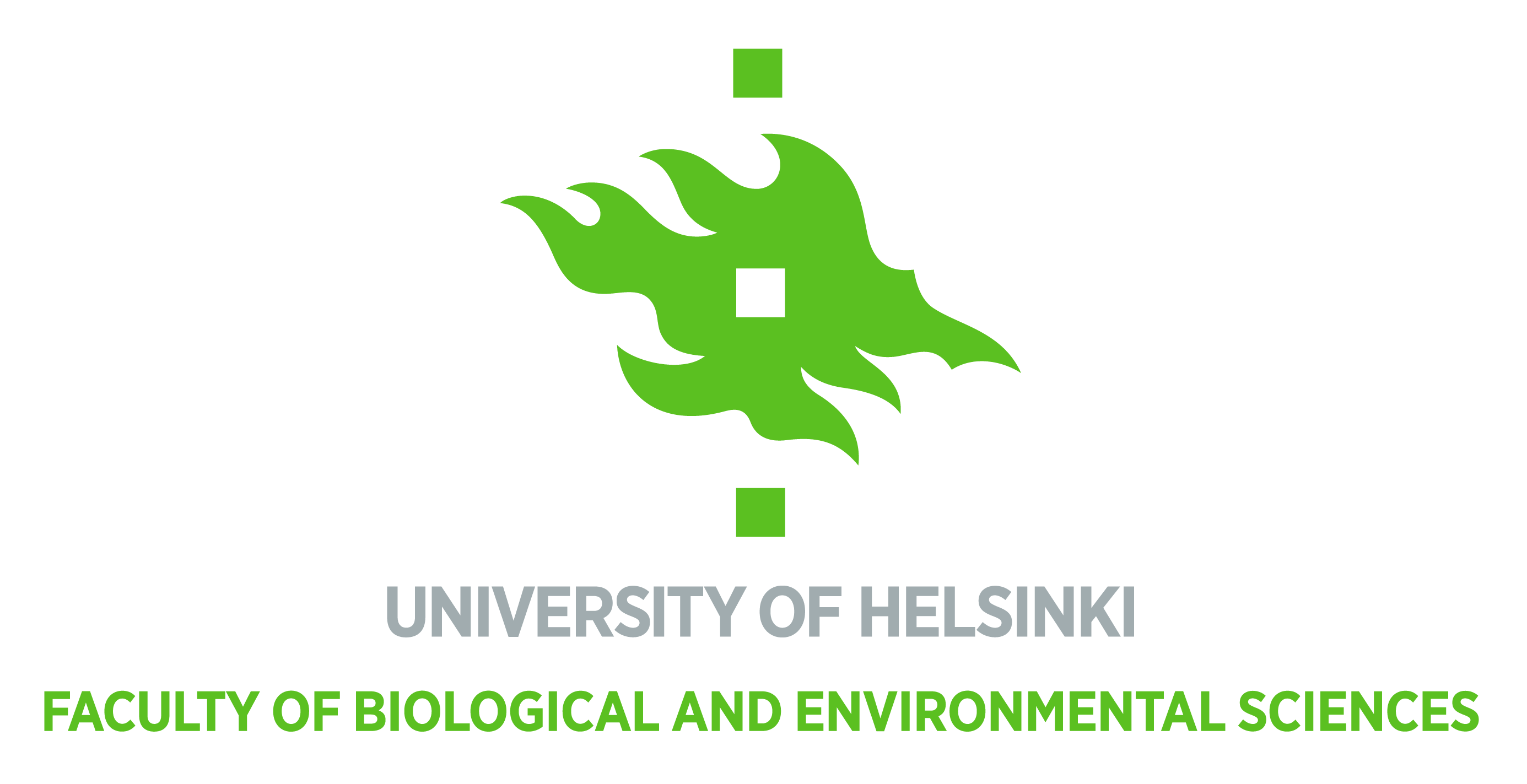WHAT IF STUDENTS RAN THEIR OWN RESEARCH PROJECT?
The Aalto-Helsinki 2023 is a multidisciplinary and international team consisting of 10 students from the University of Helsinki and Aalto University. We are excited to participate in the world's largest synthetic biology competition iGEM with our diverse team with backgrounds in various fields of biosciences and technology. Our aim is to develop an innovative and impactful synthetic biology project that advances scientific research and benefits society.
To help up in this, we have the support of our PIs Heli Viskari, Aalto University lecturer, Department of Bioproducts and Biosystems,
and Markus Linder, Aalto University professor of Biomolecular materials.
Additionally, we have been supported by staff scientist Sesilja Aranko, academy research fellow Rahul Mangayil,
postdoctoral researcher Salla Koskela, and
doctoral researcher Natalia Kakko from the Department of Bioproducts and Biosystems, Aalto University,
and postdoctoral researcher Alesia Levanova from the Molecular and Integrative
Biosciences Research Programme, University of Helsinki.
A full list of people who have shared their time and knowledge with us is available on the
attributions page of our wiki.
Apart from this website, you can follow our journey on our
Instagram and
Facebook.
Our Project
Plastic pollution and food scarcity are major global challenges. Our project, called PET-2-Protein, aims to provide a sustainable solution to address these issues by developing a proof-of-concept approach to upcycle polyethylene terephthalate (PET) into single-cell proteins.
PET hydrolases are promising biocatalysts for the development of enzymatic PET degradation. One such PET hydrolase, IsPETase, was discovered back in 2016 from a novel bacterial strain isolated from a Japanese landfill (Yoshida et al., 2016). Since then, new variants such as FAST-PETase have been developed, and have been shown to exhibit improved enzymatic activity (Lu et al., 2022). Furthermore, the degradation products have potential to serve as carbon sources for natural and genetically engineered microbes alike (Tiso et al., 2022).
In the first stage of our project, we focused on expressing the FAST-PETase enzyme which is required for depolymerizing PET into ethylene glycol and terephthalate. In the second step, we investigated the ability of wild-type strains such as Rhodococcus opacus and Comamonas testosteroni to utilize these monomers as a carbon source through adaptive laboratory evolution. Lastly, we also drafted plans to engineer Pseudomonas putida for the task.
The full description of our project can be found on our wiki.
Results
We are happy to announce that PET-2-Protein was awarded a gold medal at the 2023 Grand Jamboree, with additional nominations in the overgrad category for:
| Best Environment Project | |
| Best Education | |
| Best Wiki | |
| Best Integrated Human Practices |
See the full results of the 2023 iGEM competition here.
